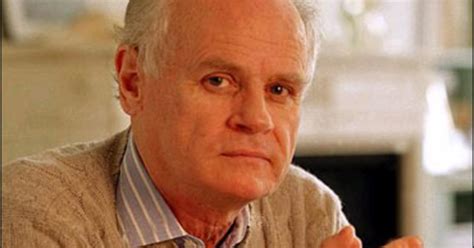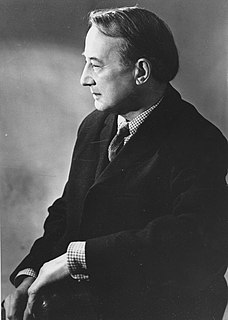A Quote by John Gregory Dunne
In what purports to be an egalitarian society, the existence of class is the secret about which no one speaks.
Related Quotes
For 40 years, my argument has been that democratizing ownership of wealth has been the key to egalitarian society and the goals of egalitarian society. But you start at the local level, both at the workplace, community and other institutions and you reconstruct the egalitarian democratized structure as well as participatory structure. And as this happens, we learn more how to move toward the vision that is much larger than just the community level.
Pornography is not egalitarian and gender-free. It is predicated upon the inequality of women and is the propaganda that makes that inequality sexy. For women to find passive, objectified men sexy in large enough numbers to make a pornography industry based upon such images viable, would require the reconstruction of women's sexuality into a ruling-class sexuality. In an egalitarian society objectification would not exist and therefore the particular buzz provided by pornography, the excitement of eroticised dominance for the ruling class, would be unimaginable.
What I call middle-class society is any society that becomes rigidified in predetermined forms, forbidding all evolution, all gains, all progress, all discovery. I call middle-class a closed society in which life has no taste, in which the air is tainted, in which ideas and men are corrupt. And I think that a man who takes a stand against this death is in a sense a revolutionary.
Of course, an English aristocrat might have some contact with the staff downstairs and could adequately say a thing or two about inter-class dramas unfolding in the household. But something less parochial might be harder to come by. This is relevant because stories about the divisiveness of class are by definition stories that straddle class boundaries. A story about a miner in a mining town is not obviously one that speaks to the divisiveness of class. In other words, class doesn't just divide us in the world but it also divides us in the stories we're presented.
We consider ourselves to be free because no one in our society is allowed unlimited powerno leader, faction, party or 'class', no majority, no government, church, corporation, trade, or professional association or trade union. The secret of its freedom is that it is composed of a multitude of organisations in the constitution of the best of which is reproduced that diffusion of power which is characteristic of the whole.
Those who formally rule take their signals and commands not from the electorate as a body, but from a small group of men. This group will be called the Establishment. It exists even though that existence is stoutly denied. It is one of the secrets of the American social order... A second secret is the fact that the existence of the Establishment - the ruling class - is not supposed to be discussed.
The society of Christendom and especially of Western Christendom up to the explosion, which we call the Reformation, had been a society of owners: a Proprietarial Society. It was one in which there remained strong bonds between one class and another, and in which there was a hierarchy of superior and inferior, but not, in the main, a distinction between a restricted body of possessors and a main body of destitute at the mercy of the possessors, such as our society has become.
All great art is by its very essence in conflict with the society with which it exists. It expresses the truth about the existence regardless of whether this truth serves or hinders the survival purpose of a given society. All great art is revolutionary because it touches upon the reality of man and questions the reality of the various transitory forms of human society.





































